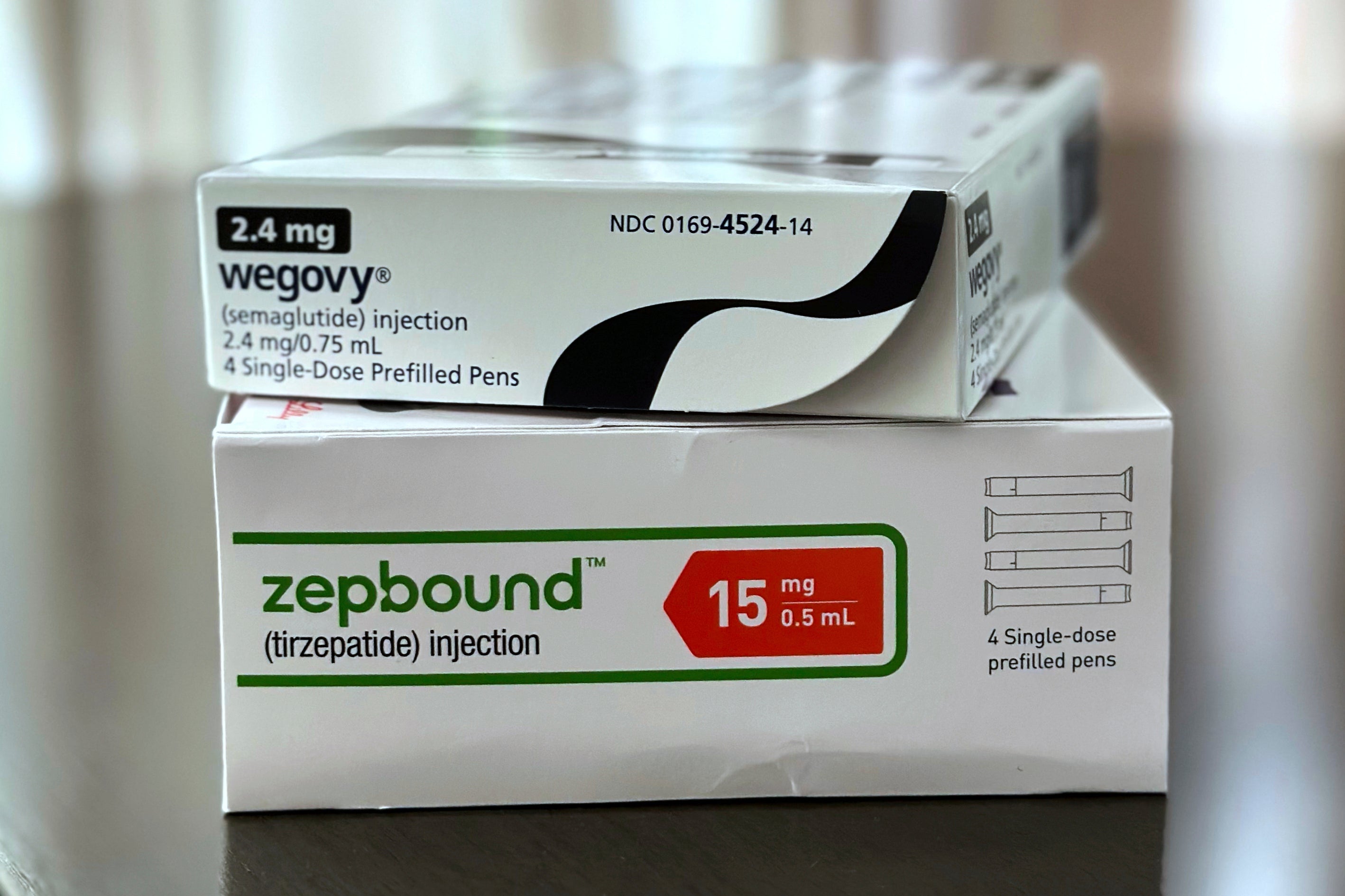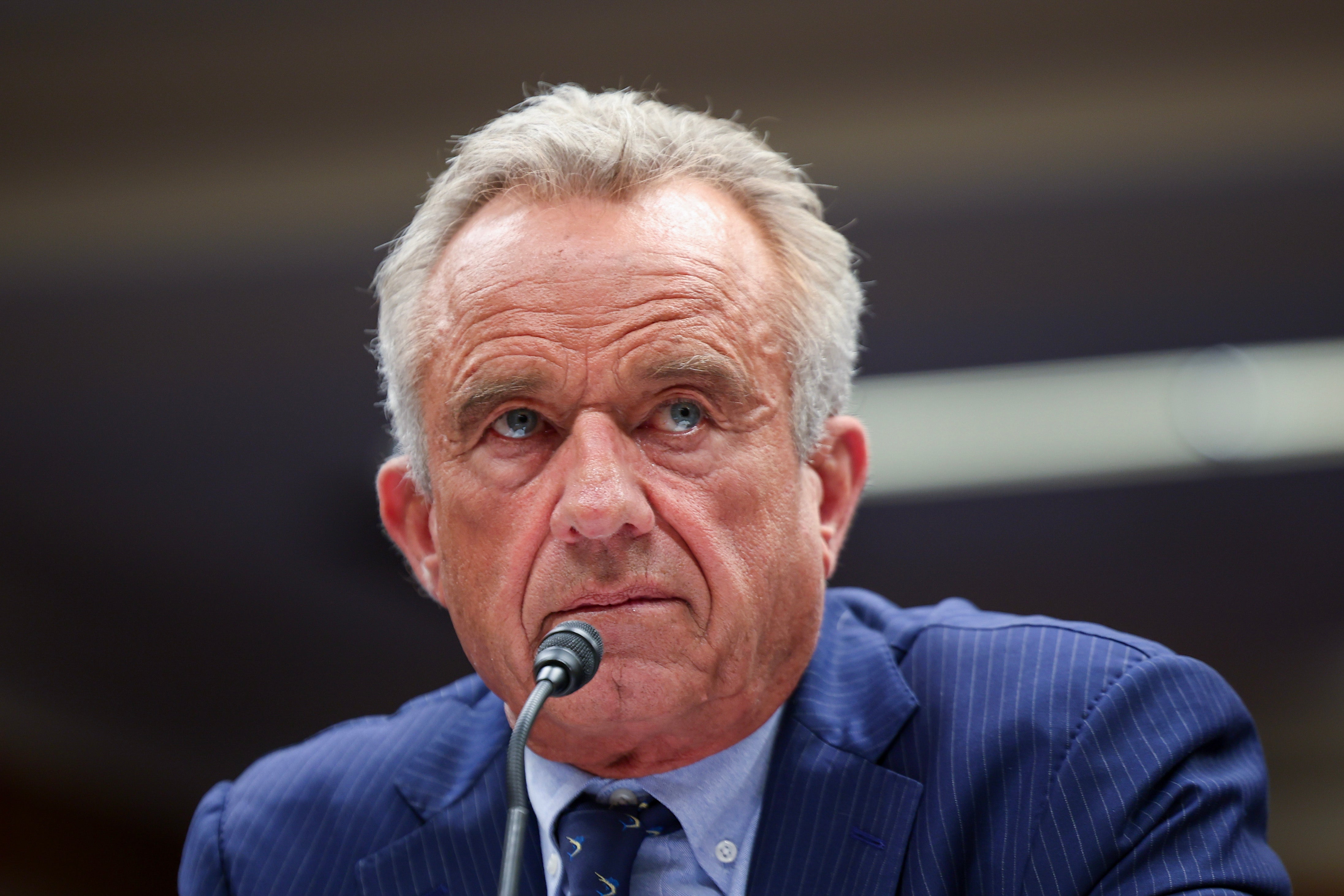New data indicates that American teenagers are increasingly using the weight-loss drug Wegovy, as confidence in its use for young people with obesity grows among families and doctors.
According to an analysis by health data firm Truveta, the average rate of teenagers starting treatment with the highly effective Novo Nordisk drug increased by 50 per cent in 2024, reaching 14.8 prescriptions per 100,000 adolescents.
This is a notable rise from 9.9 prescriptions per 100,000 in 2023, which was the first full year Wegovy was available to those aged 12 and older.
The rate has continued to climb, with the first three months of this year showing an average of 17.3 new prescriptions per 100,000 teens.
However, this figure still represents a small fraction of the estimated 23,000 out of every 100,000 teens in the country who are living with obesity, and the adoption rate is significantly slower than that of U.S. adults.
"It's promising that more young people are using these medications, but it’s still a very small percentage of patients with severe obesity that are getting access to them," said Dr Cate Varney, director of obesity medicine at the University of Virginia Health system.
"When lifestyle changes alone are insufficient, we need these additional tools."
For its analysis, Truveta reviewed the electronic health records of 1.3 million patients ages 12 through 17. The data covers 30 U.S. health systems with more than 900 hospitals and 20,000 clinics across the country.
The analysis did not include other GLP-1 drugs, including Novo’s Ozempic and Eli Lilly’s Zepbound, which are not approved to treat obesity in adolescents, or compounded versions of these therapies.
Wegovy became an option to treat adolescents in late 2022 after decades in which the conventional approaches of diet, exercise and counseling largely failed.
About 8 million American teens, or 23 per cent of people ages 12 to 19, have obesity, up from 5 per cent in 1980, according to U.S. government data.
Young people with obesity run a much higher risk of developing chronic, costly, life-shortening conditions like type 2 diabetes and cardiovascular and liver diseases.
In January 2023, the American Academy of Pediatrics strongly recommended that doctors provide weight-loss drugs to children with obesity starting at age 12. Yet the medical community has not uniformly embraced GLP-1s for adolescents.
Some doctors are hesitant because the drugs’ long-term safety for children during a critical phase of development is unknown, and the treatments may need to be used indefinitely.
Overall, there are limited options for many teens and their parents because insurance plans often do not cover any treatment for obesity, including intensive behavioral counseling, visits with a dietician or the new GLP-1 medications.

An option for some
At Nemours Children’s Hospital in Wilmington, Delaware, the Healthy Weight and Wellness Clinic treated about 2,000 adolescent patients in 2024.
About 25 per cent were prescribed Wegovy or another GLP-1 medication, said Dr Thao-Ly Phan, the clinic’s medical director.
The number of adolescents with a GLP-1 prescription nearly doubled from 2023.
On average, their patients taking a GLP-1 drug lost 15 pounds (6.8 kg) within 6 to 12 months, and nearly 30 pounds after more than a year.
For many of the other patients, the medications were not an option, either because of insurance hurdles or concern within families about potential risks. Other teens opted for lifestyle changes or older, cheaper weight-loss drugs, with some success.
"It is important for us to continue to monitor and better understand outcomes from the medications – both positive and negative – before widespread use," Phan said.

U.S. Health Secretary Robert F. Kennedy Jr. has criticized the idea of prescribing Ozempic or Wegovy widely to children to treat obesity.
In a federal health report he released in May, GLP-1 drugs were cited as an example of the "overmedicalization of our kids." It noted a lack of "long-term safety data, raising the specter of unforeseen problems that interrupt, damage, or impair metabolism and growth development."
Novo in a statement said semaglutide, the active ingredient in Wegovy and Ozempic, “did not appear to affect growth or pubertal development” during its clinical trials involving teens.
For many adults, Novo said, obesity starts in childhood or adolescence, and "we are confident in the proven safety and efficacy of our GLP-1 medicines."
Eli Lilly’s weight-loss drug Zepbound is in late-stage clinical trials for use by adolescents. It said that "there has been no evidence to date suggesting impairment in growth or metabolism" from GLP-1 medications.
Dr Robert Siegel, a pediatrician and director of the Center for Better Health and Nutrition at Cincinnati Children’s Hospital, said about 15 per cent of adolescents being treated there were prescribed Wegovy or a similar GLP-1 medication from July 2021 to July 2023. They include patients being treated for type 2 diabetes for which the GLP-1 drugs were originally developed.
Siegel said he prefers to start teens on three to six months of intensive lifestyle management before even considering medication.
While obesity specialists can help navigate potential risks from the drugs, many primary-care providers need more training, he said. They may not have the equipment to monitor for the loss of muscle mass – a side effect of these medicines – or lack the resources to work with families over an extended period on healthier eating and exercise.
"These medications are likely to be needed for a very long time to maintain weight," Siegel said, "and we only have a relatively short-term experience with them."
Have your say: Is Ozempic fueling a new era of body image pressure?
Diet containing foods with this key component can lead to longer life, study finds
Trump’s FDA chief suggests diabetics should take cooking classes under MAHA agenda
Weight-loss drugs are already dropping in price; could they go even lower?
DHS downplays FEMA Chief questioning hurricane season a ‘joke’
Analysis: An outline is emerging of the US offer to Iran in their high-stakes nuclear negotiations







